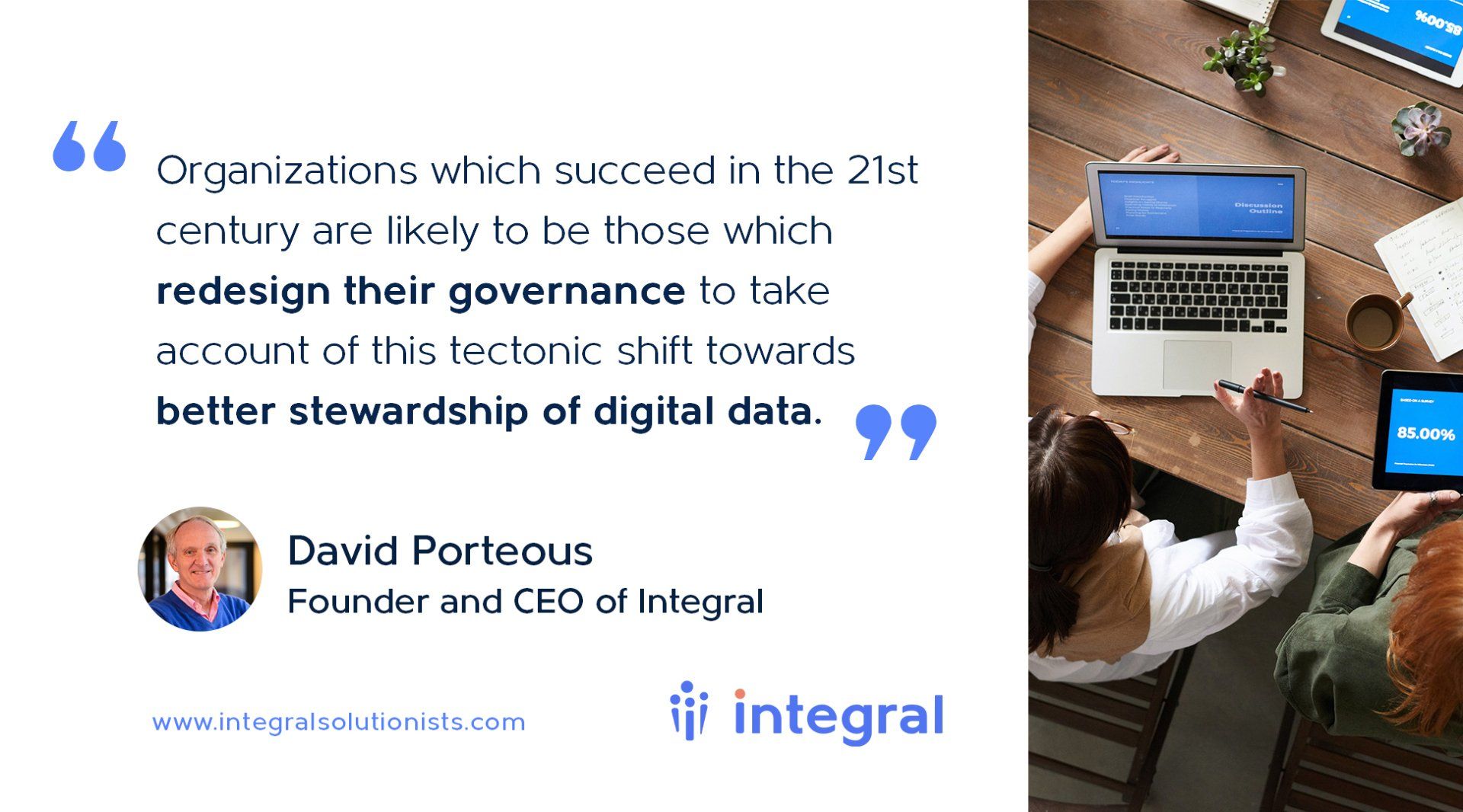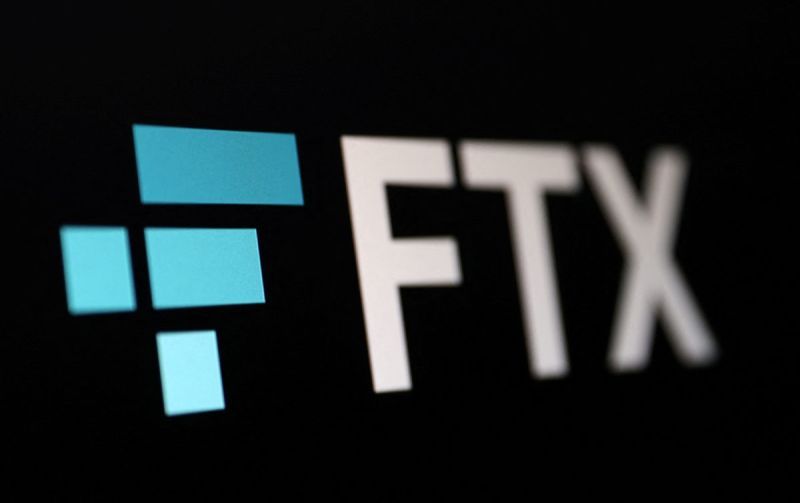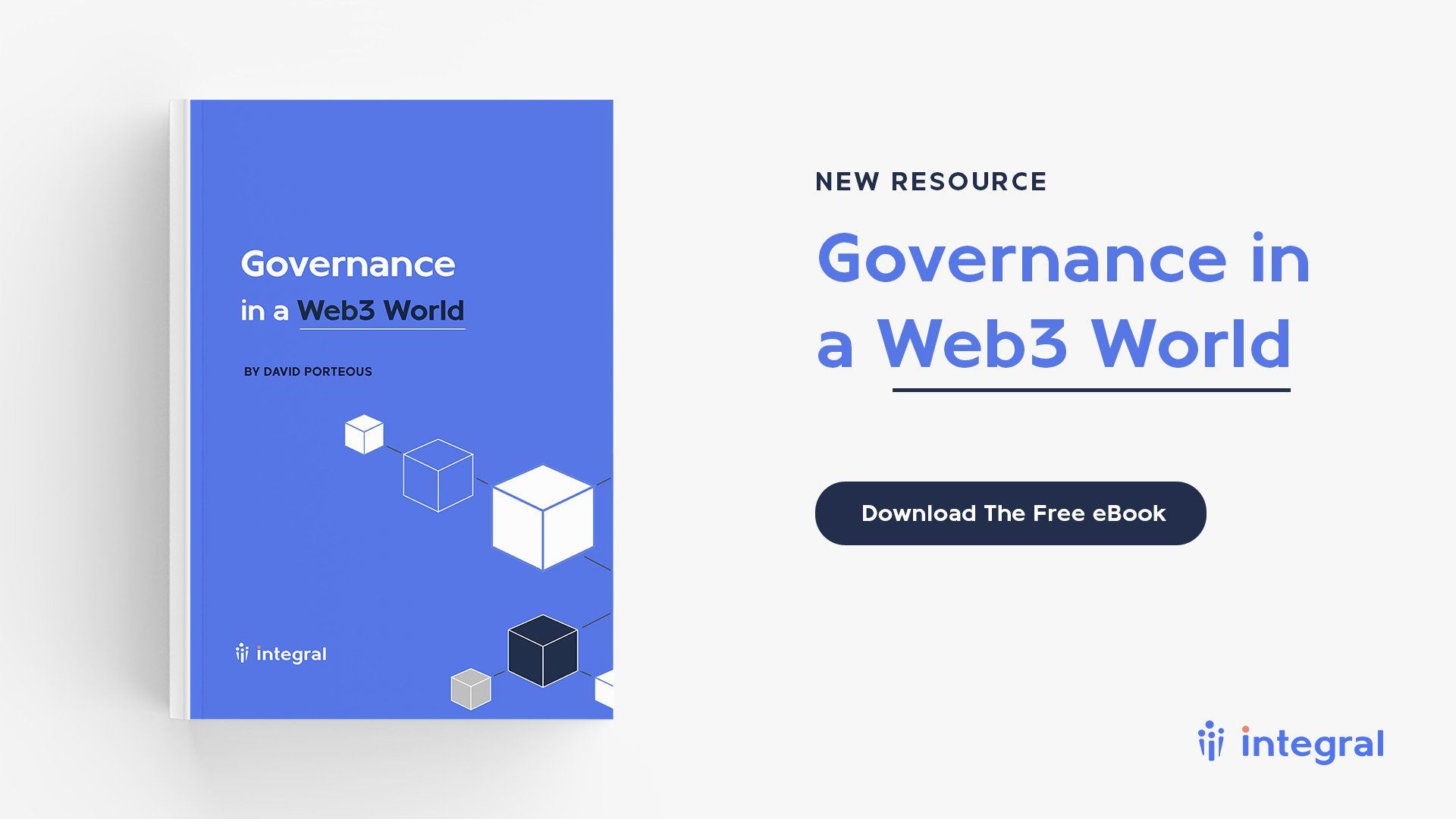21st Century governance
Stay up-to-date on trends shaping the future of governance.
How technology is starting to change the way organizations make decisions
The most boards on which I have participated still live mainly in the Twentieth Century in terms of their practices. This remains true despite some visible shifts: videoconferencing, for example, was not widely available until this century and it is now widely used for remote board meetings. Boards have followed the general trend toward greater use of digital technology, yet the practices of their decision-making are little changed. Digital adoption has hardly freed up time or focused attention. Instead, board meeting time seems all the more scarce and often harried; and the allocation of time is often mismatched with those agenda items where it might achieve the highest return for the organization. Decision-making is still largely based on documents emailed before a quarterly meeting, the information in which is often at least a month out of date by the time of the meeting. A typical board meeting often involves much sifting of dense status updates; and all too little time for robust discussion of future opportunities and risks.
In their book Governance in the Digital Age, Brian Stafford and Dottie Schindlinger go further to point out that much contemporary board practice is built on the value of ‘deliberating’, a word whose very meaning suggests slow and cautious decision making. They are not against deliberation; nor am I. But ‘slow and cautious’ may be no better than ‘moving fast and breaking things’ at a time when opportunities and crises erupt suddenly, certainly not waiting for the next meeting cycle. New tools are becoming available which can upgrade the time honored practice of deliberation, buttressing it with more relevant information, timely discussion and convergence to decision.
Boardtech tools for the digital age
Stafford and Schindlinger describe three typical types of corporate boards widely encountered today at different stages of growth—foundational, structural and catalytic boards. They then make the case for evolving towards a fourth category which they term a futuristic board. This is one in which directors want and receive real time information about a company via dashboards and scorecards which monitor key areas of risk, compliance and indeed their own effectiveness. In this context, the board itself becomes a strategic asset of a company, rather than being mainly a watchdog or a rubber stamp of management’s actions. There are all too few boards like these around.
Stafford and Schindlinger practice what they preach about dashboards, as they are respectively the CEO of leading boardtech firm Diligent Corporation and Executive Director of its research arm, the Diligent Institute. The field of boardtech has taken off over the past ten years, as tech vendors like Diligent vie to provide governance tools as a service to companies and governments around the world. New York City-based Diligent reports having more than 25,000 customers from around the world, with recurring revenues exceeding $300m in 2019. But it is not alone in the expanding category of ‘boardtech’ providers: among others, NASDAQ linked Boardvantage and BoardMaps offer comparable board portal services.
Today’s boardtech tools are built around board portals—access-protected storage sites from where directors can access board documentation with secure messaging and even voting options. Some integrate videoconferencing technology to secure this channel too. Certainly, boardtech tools like these are a part of supporting better decision making: at very least, they can bring efficiencies to meetings and also better security for corporate information. But boardtech tools can go beyond document managing and messaging alone. Portals may include board-relevant dashboards which provide directors with access to real time organizational information. By changing the pattern of information flow, they start to transform the essence of governance: from a ‘contact sport’ played out on the ‘field’ of intermittent meetings to an ongoing discipline of accessing and assessing relevant timely information to support better decision making. In the future, boardtech services widen the information flow beyond company sources only: they may also help to curate third party information sources for non-executive directors so that they are not reliant only on information from management or their personal sources. The expanding reach of some of boardtech providers may enable them to function like Facebook or Google but for governance—for example, notifying subscribed members that ‘directors in companies like yours are reading this trending article or following this breaking news.’
The aim of introducing boardtech tools like these should not be to double-guess management nor to encourage non-executive directors to interfere more in the domain of management. It should rather enable non-executives to ask better questions of management. They can also become more active in the development and evolution of strategy as an active conversation, not a document updated once a year. This active role is recommended strongly by economist and public company board member Dambisa Moyo in her 2021 book How boards work. She starts her book with the observation that “virtually every board … is contending with sometimes conflicting demands for environmental and social change with urgency.” She then makes three cogent recommendations about innovating board practice, of which this role in strategy is one. It’s worth a read for anyone interested in this field.

Data governance is at the heart of 21st century governance
New tools alone are not sufficient to answer the question of how governance can, should and even must evolve in the 21st century. As it does in other sectors, digital transformation both requires and enables deeper changes than merely adopting new tools as they become available. It does this by changing the basis on which decisions are made in organizations.
The currency of governance is the good judgment of the ‘governors’. This currency is ‘minted’ by the mental models which individual directors bring to the board of an organization, often shaped by relevant experiences in other organizations. The value of the currency in an organization is determined in large part by whether those different personal mental models cohere to shape an robust guiding ‘model’ for an organization: that is, one where its purpose meshes with its operating model and ethical foundations. In the fast-changing digital world, the degree of fit of any model to circumstances depreciates rapidly. So, creating enduring value through organizations comes not from sticking to one model but rather from refining and re-shaping models as new information and circumstances emerge.
To define the basis on which information is collected, verified and used, boards need a new understanding of data governance. All too often, data governance is seen as the preserve of the CIO, and delegated to risk committees of management, when really it concerns how the most valuable asset of digital-first companies—their data—is stewarded. This is of course a big topic in itself—the subject of future articless on this site to be sure—but in essence data governance is about defining and overseeing the flow of appropriate data within an organization. The flow has to be continuous, reliable and diverse: improving distributed cognition in the face of complexity requires that a much wider range of data, information and weak signals is considered and boards must oversee the curation process which harnessed the flood.

Organizations which succeed in the 21st century are likely to be those which redesign their governance to take account of the tectonic shift towards better stewardship of digital data. In time to come, we may look back on today’s boardtech tools as akin to the elementary ‘compasses’ which guided the golden age of maritime exploration in the Sixteenth and Seventeenth centuries. Even though compasses remain useful navigational aids today, they have largely been supplanted by GPS devices which are now considered essential for most maritime travel. Using a GPS, the captain still directs the ship; but has access to a much richer set of relevant, timely and valuable information which creates more options for routes. Boardtech is on a journey to becoming more like the GPS for organizational governance.

At Integral, we provide ESG Consulting advice, evaluation, facilitation, mentoring and coaching services to develop governance systems that fit your organization’s purpose and stage of growth. To explore further how we can help you,
read about our services, or
set up a free consultation.
S H A R E











